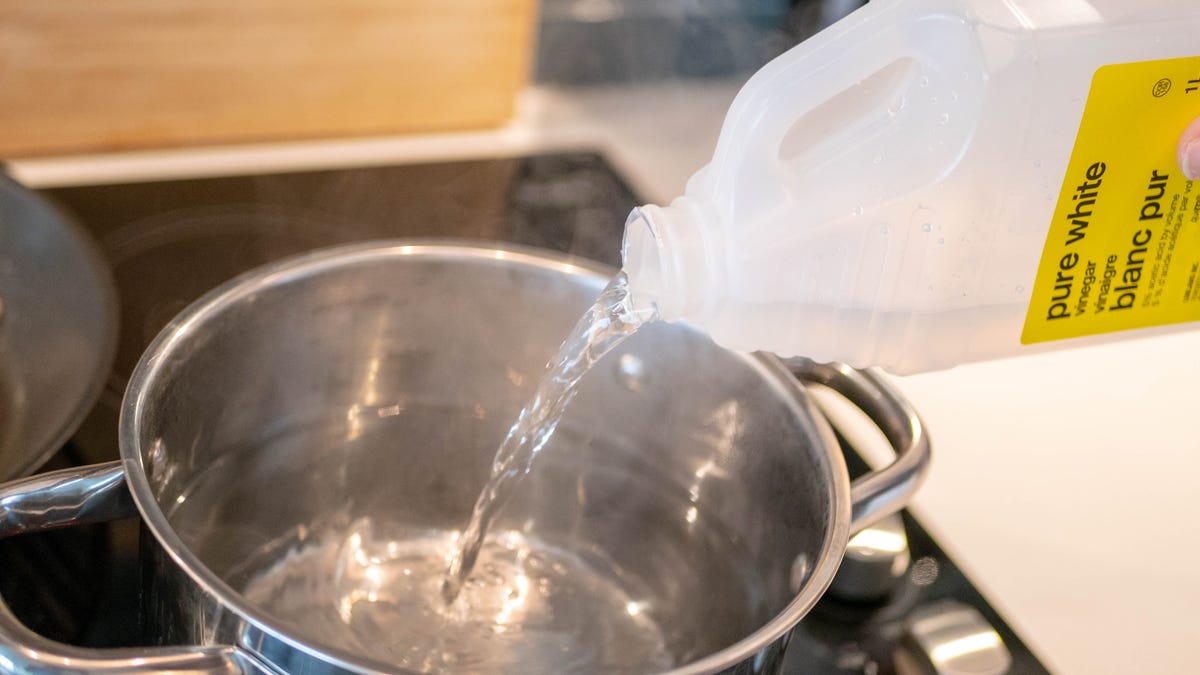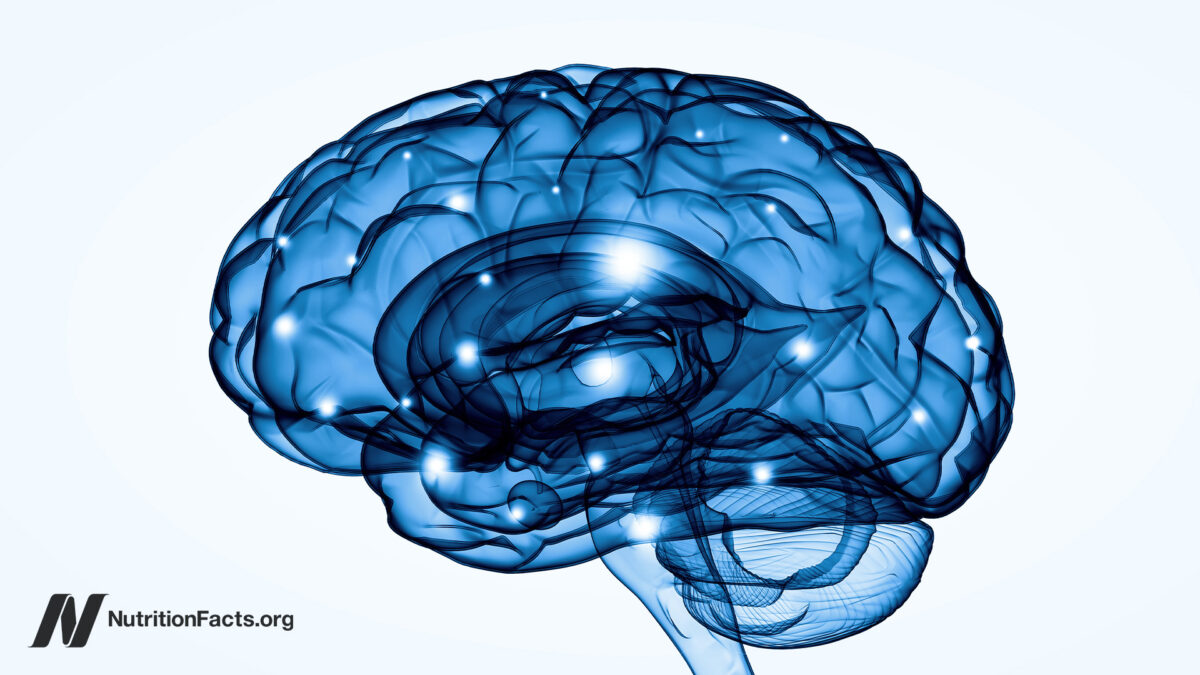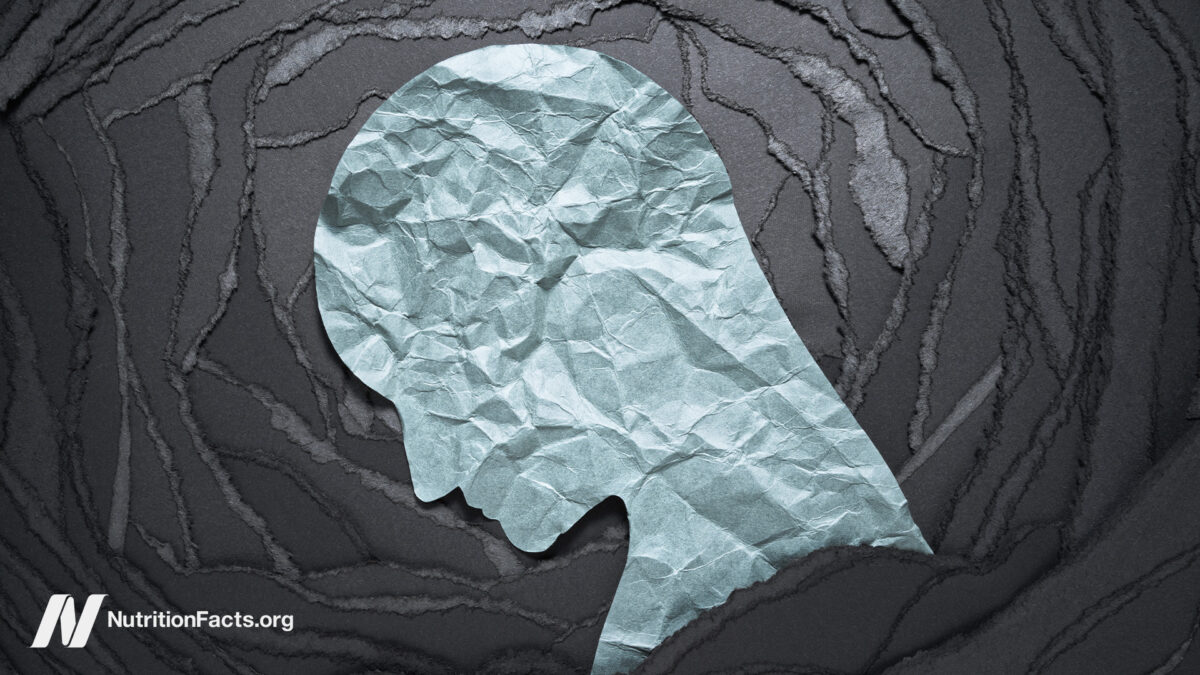The Key to Better Studying Is Self-Explanation
You shouldn't just know the facts of your material, but why the facts are the facts at all.

You shouldn't just know the facts of your material, but why the facts are the facts at all.

Credit: BalanceFormCreative/Shutterstock
If you think about studying conceptually, it's sort of like teaching yourself the material. That’s the whole point, right? But simply memorizing flashcards probably isn't the best approach for long-term retention. It turns out there's another important step: self-explanation, the part of learning that comes after you go over your notes, texts, and other materials. This concept of self-explanation may help students retain knowledge more effectively, rather than just regurgitating facts and figures. Let's go over how to put it into practice.
What is self-explanation?
Self-explanation occurs when you take the new information you’ve learned and relate it to information you already know. This means that instead of just reading and taking in the material, you’re setting aside part of your study session to think deeply about what it actually means and how it applies to real life. The explanation comes in when you explain to yourself how the new ideas relate to ideas you already understand well, whether in other academic areas or in the real world.
Ideally, you should do this after you complete a chapter or segment of your reading and reviewing. Set aside five to 10 minutes after each chapter to engage in self-explanation, using one of the methods below.
How to use self-explanation when studying
It may feel abstract and a little silly to schedule time to sit and think quietly about how what you’re learning relates to other ideas, so here are some concrete ways you can actually engage in self-explanation.
Retrieval practice
First, any kind of retrieval practice, wherein you actively work to pull information from your memory, will help you get started. The methods you usually employ for retrieval practice—using flashcards, summarizing chapters, or taking a practice quiz, for instance—will be useful for starting to thin more deeply about the material and make sure it springs to mind easily. The self-explanation comes into play while you’re doing those. For instance, you can try a think-pair-share activity to talk over the new material with a classmate or group, focusing not only on what you learned, but on its practical application and associations with other materials or real-world events.
Blurting
If you’re on your own, try adapting the blurting method to meet the needs of self-explanation. In blurting, you write down everything you can remember about what you just studied, then use your notes and text to identify gaps in your memory. Here, you can instead try to blurt or write a “minute paper” about what the material actually means. For instance, if you’re studying bonds in accounting class, you don’t just want to be able to state whether a bond is being sold at a discount or premium; you want to understand the implications that has for the person or entity holding the bond. In your blurt or minute paper, describe what the reason for trading a bond at a discount might be and what the result would be for the entity doing it. Don’t just review how you would journalize that if you were an accountant, but consider why the journal entry would look how it does and what such an entry would be used for in real life. Understanding why something is done the way it is—not just that it’s done a certain way—will help you grasp and remember the material better, even if you just need to pass a test and don’t plan on making your living as an accountant.
Keep asking "why?"
If you come across anything you can’t easily apply to other concepts you already understand, go back to your text and notes for additional information. Seek more info from outside sources, like other publications or even ChatGPT, and keep asking “why?” until it starts to make sense. At the end of self-explanation, you should be able to explain why the facts you studied are true and what makes them important. Even if that won’t be on the test, it will help you remember the facts better when you need them—and give you even more of a foundation for self-explanation in your other classes.

 Aliver
Aliver 
































